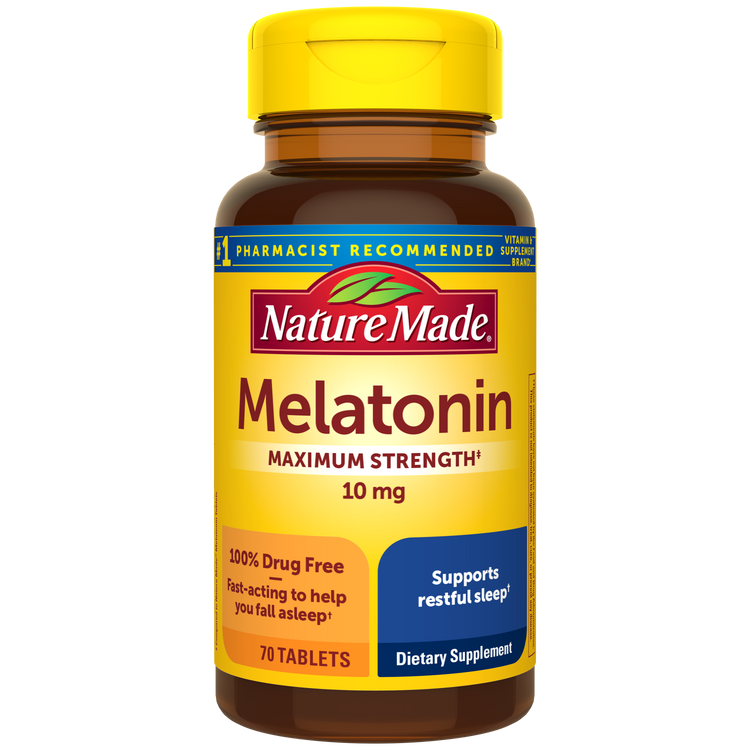“Magnesium and the Sleep Symphony: Unveiling the Science Behind Tranquil Nights”
Introduction:
In the relentless pursuit of restful sleep, we often seek solace in various remedies, but one mineral has been quietly gaining attention for its potential to transform our nights – magnesium. This unassuming element plays a starring role in more than 300 biochemical reactions in the body, and recent studies suggest that it might hold the key to unlocking a more peaceful slumber. In this blog, we’ll embark on a journey through the scientific landscape to understand the studies that illuminate magnesium’s role in promoting better sleep.
The Magnesium Marvel:
Magnesium is not just another mineral; it’s a vital cog in the intricate machinery of our bodily functions. From supporting muscle and nerve function to regulating blood pressure, magnesium is a multitasking maestro. However, its connection to sleep is where the intrigue deepens.
Unveiling the Studies:
- Melatonin Magic:
- A study published in the Journal of Research in Medical Sciences suggests that magnesium supplementation can elevate melatonin levels. Melatonin, often called the sleep hormone, orchestrates our sleep-wake cycle, and higher levels are associated with improved sleep quality.
- GABA Receptor Choreography:
- Magnesium takes center stage in binding to and activating gamma-aminobutyric acid (GABA) receptors. GABA is a neurotransmitter with calming effects, and magnesium’s involvement enhances the symphony of relaxation, potentially paving the way for better sleep.
- Circadian Rhythm Conductor:
- Nutrients, a reputable journal, proposes that magnesium might be a key player in regulating circadian rhythms. These internal processes govern our sleep-wake cycle, and a well-regulated rhythm is fundamental for a consistent and restorative sleep pattern.
- Quality Sleep Overture:
- Numerous studies, including one featured in the Journal of Research in Medical Sciences, showcase that magnesium supplementation correlates with improved subjective and objective measures of sleep quality. Participants reported enhanced sleep duration, fewer awakenings, and an overall sense of improved sleep.
Incorporating Magnesium into Your Sleep Score:
Now that we’ve explored the scientific notes, here are some practical tips for weaving magnesium into your nightly routine:
- Dine on Magnesium:
- Embrace magnesium-rich foods like leafy greens, nuts, seeds, and whole grains as part of your regular diet.
- Supplemental Serenity:
- Consult with a healthcare professional to determine if magnesium supplements are right for you and find the optimal dosage.
- Nightly Rituals:
- Integrate magnesium-rich activities into your evening rituals, such as a soothing Epsom salt bath or a gentle magnesium oil massage.
- Consistency is Harmony:
- Like a well-practiced symphony, the effects of magnesium on sleep may take time. Be consistent in your magnesium routine for lasting results.
Closing Act:
As we uncover the potential sleep benefits of magnesium, it becomes clear that this unassuming mineral might be the missing piece in the puzzle of restful nights. Whether through dietary choices or carefully curated supplements, magnesium has the potential to transform your sleep experience. Remember, the guidance of a healthcare professional is invaluable on this journey toward better sleep. So, as you embark on this magnesium-infused adventure, may your nights be serene, and your dreams be undisturbed. Sweet dreams await!
This website may contain affiliate links, which means I may earn a commission if you click on the link and make a purchase. This comes at no additional cost to you. I only recommend products or services that I believe in and use personally. Your support helps me continue to provide valuable content. Thank you for your support!






